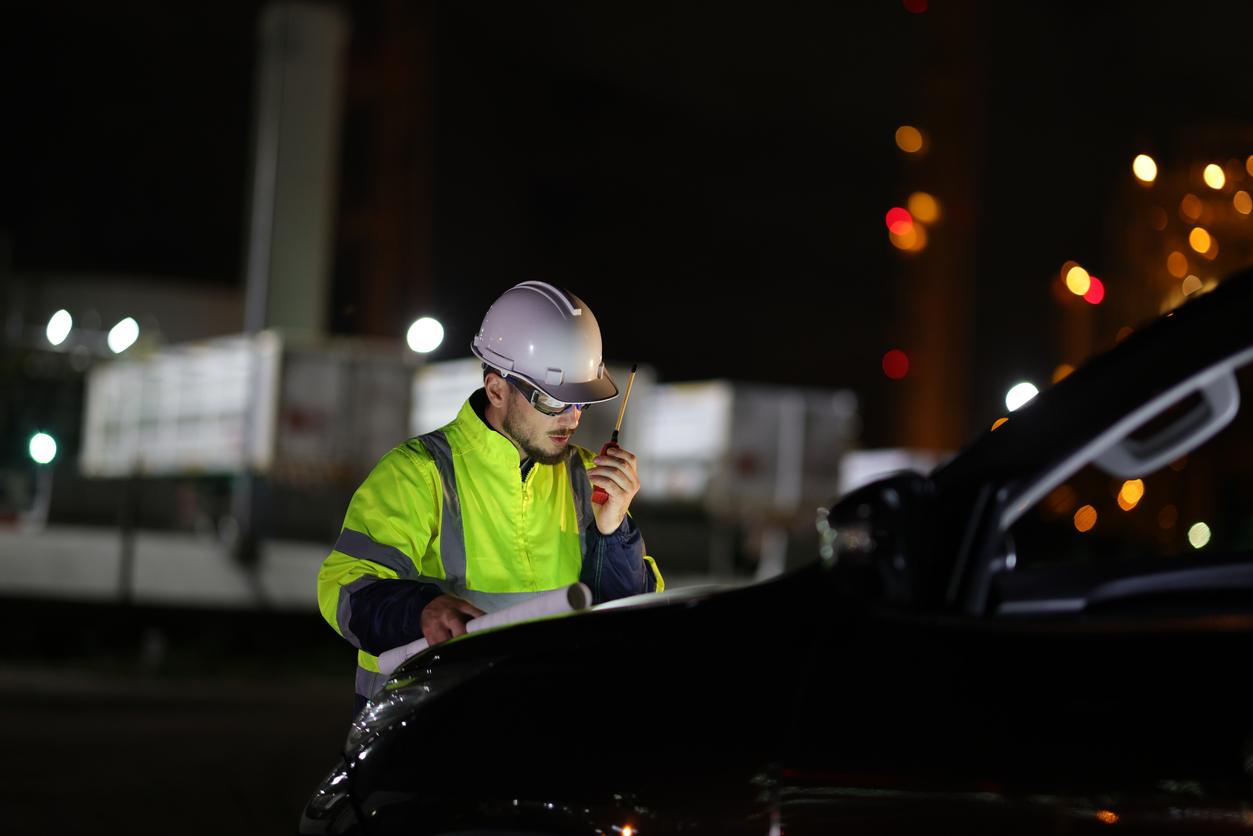
Tech journalist Daniël Verlaan wrote his book ‘I know your password’ about the dangers of the internet. Because if you don’t know where those dangers lie, you won’t protect yourself against them. He gives useful tips on how to make your online life as safe as possible and on how to protect yourself against criminals on the internet.
Why should people become aware of those dangers?
“A lot of people think they’re not interesting enough to be hacked. That is also true, because a hacker does not look at your personal affairs. He does not care which newsletters you read or which appointments you make at the physio. But a hacker wants two things: money from your bank account or a copy of your ID.
The bank account makes sense, we all know that, of course. They want to drain hackers. They often do this with scam or phishing websites. These are fake websites where criminals want to convince you to enter your login details. That is why it is so important that you secure your account and use strong and different passwords. Many people have also sent a copy of their driver’s license via email or WhatsApp. If a hacker gains access to this, he can take out a loan in your name, rent a rental house and use a cannabis plantation there or take out a telephone subscription. He can completely take over your identity.”
But we do know that we need to protect ourselves online, right?
“Yes, but many people think: ‘They won’t hit me after all’. I understand that too, because often people only take measures to protect themselves online when it is already too late, when they have already been hacked. I’m trying to say with this book, please, listen to me and protect yourself. Because at some point it’s too late and you’ll say, ‘Oh, if only I had done that’. I think it’s good that it still happens, because you will benefit from good online safety for the rest of your life.”
What are the over-50s often targeted?
“They are often victims of phishing and cyber criminals. If you don’t pay attention to one of the two or even don’t know what to pay attention to, you can easily fall for it. In addition, criminals more often target people over 50 in these actions. That has two reasons. One is: they often have a little money. Number two is: some of the over-50s have less knowledge of technology because they didn’t grow up with it. Although it is often thought that people over 50 are digitally disabled, but that is absolutely not the case. Just like the elderly, young people are also not good at online safety. But people over 50 are more likely to be gullible and naive. That is being abused.
Lately you see that a lot in WhatsApp fraud. That is aimed at people over 50, so it is logical that they are more often victims of this. It is often about a child in need. Especially now in corona time they see their children a lot less, so a lot of contact is via WhatsApp. That’s why I understand very well that people fall for it. These criminals are now so smart that they call the daughter or son. Then you hear him or her talking on the line. Then they call the father or mother with that voice. Then it seems as if you are being called by your own child. If your child suddenly needs money, you naturally want to help. You are a father or mother and it is corona time, so many people are having a hard time. Then you see that that often succeeds.”
If those criminals are getting smarter, how do you make sure you don’t fall for it every time?
“The most important tip with WhatsApp fraud is to always speak to your son or daughter. Criminals cannot completely imitate the voice of your son or daughter. They can try to convince you based on audio fragments, but they can’t imitate conversations. So I always recommend: call them. Not only with WhatsApp fraud, but also if you receive a phishing message. Suppose you receive a message from ING that you need to download a new app. I then google the telephone number of ING, call them and ask the bank: ‘I have received this message from you, is this real?’ Then the employee can tell you that. So: call, call, call.
In addition, a good tip is: enlist the help of your child, if you have it. I also notice in my environment that there are many young people who warn their parents about new phishing and scam tricks. That is a very good initiative. I also regularly warn my own parents about new scams.”
So a lot of work to keep yourself safe online.
“Yes, it is also a lot of work, but it protects your identity and your money. We also simply use double glazing, we lock our door at night and we secure our house with an alarm system. We think that makes sense. It’s the same as in your home, but digitally. A hacker enters and goes to see where he can steal money from you.”
What should everyone do now for his or her online safety?
“First of all, I would always verify a text message or e-mail from an authority with the authority it should come from. And always look up the number yourself, so do not call the number that is in the message. That could also be a fake number.
Secondly, you should always get to speak to your son or daughter when they contact you via WhatsApp with the question whether you want to transfer money.
Third, everyone really should start using stronger, better passwords. And especially more different passwords. So not four passwords that are a bit alike, because that is also a really big problem. We use way too many weak passwords and we really need to get rid of that. You can keep this in a password book, as long as you store it in a safe place. Then you can make your passwords nice and long, like a kind of sentence, and put them all in a notebook. This way you are better protected and you do not forget them.”
In ‘I know your password‘ Daniël Verlaan tells stories about the dark side of the internet. He gives tips on how to protect yourself online against criminals.















